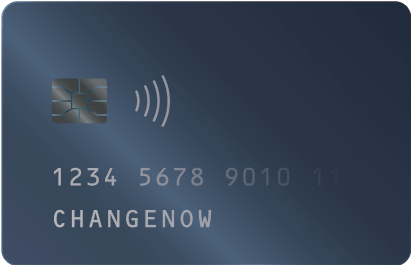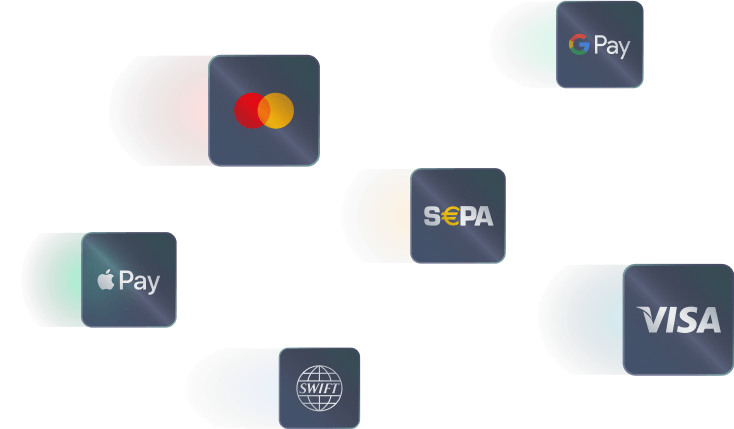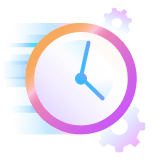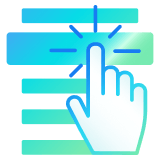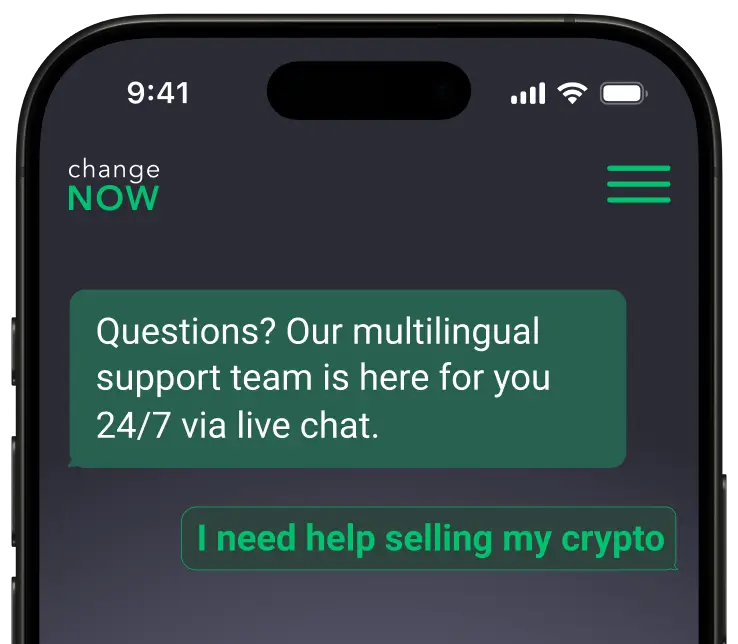Tezos is a blockchain network that provides a platform for peer-to-peer transactions, while deploying smart contracts and DApps. The creators of the Tezos platform focused on the need for innovation and modernization of blockchain technology, such as Bitcoin possesses.
Tezos was launched in 2014 by Arthur Breitman and Kathleen Breitman under the pseudonym L.M. Goodman. In the project’s whitepaper, they highlight Tezos’ ability to avoid hard forks and prevent inequality between miners and users of cryptocurrencies. Such ability is achieved by Tezos operating as a self-amending network. XTZ holders have the right to vote on proposals regarding protocol upgrades which are then directed to Tezos developers. Such ability leads to real-time modifications, preventing community fragmentation.
Tezos is also one of the first crypto assets that employed the Delegated Proof of Stake algorithm. It allows the network to avoid the concept of mining and gives stakeholders an opportunity to delegate their XTZ to the network validators. In this case, such validators are called “bakers” and the PoS mechanism is labeled “baking”. Bakers are rewarded for their work and are penalized if they approve an invalid transaction which in turn simultaneously affects the staker delegating their XTZ.
In August 2021, Tezos introduced its 7th upgrade proposal – Granada. Granada is built on the Florence upgrade and provides reduced gas costs, improved finality, and liquidity baking.


